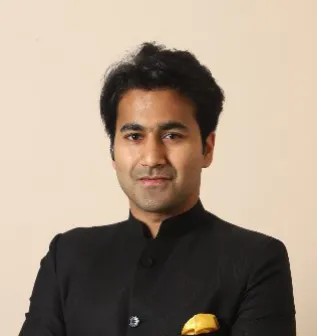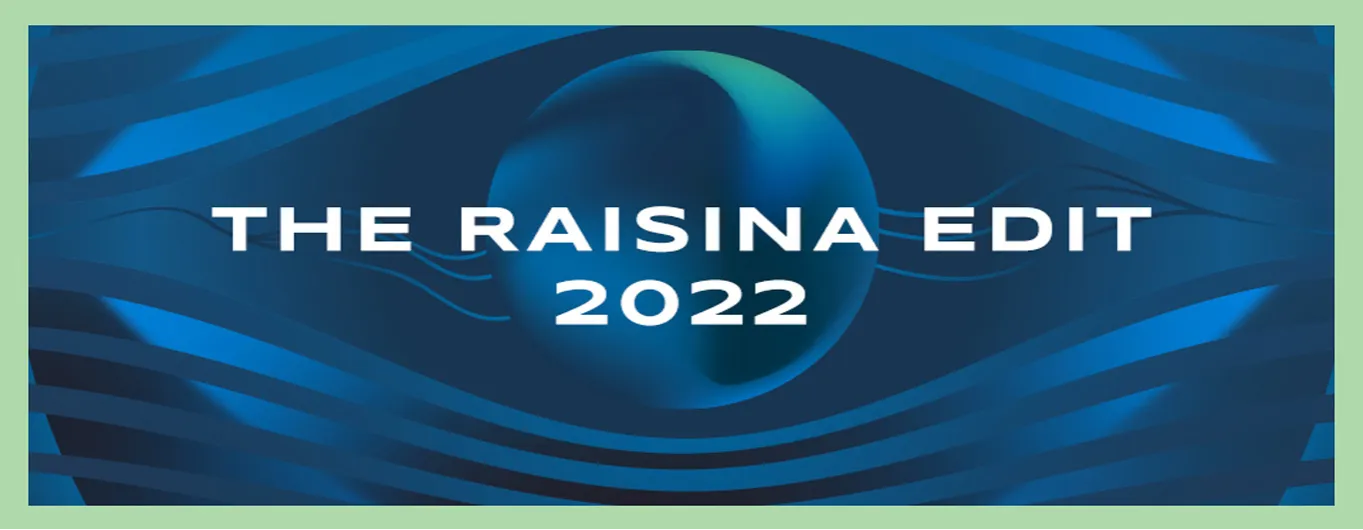
This article is part of the series—Raisina Edit 2022.
Imagine a world where you could do what you love, teach what you love and make a living in the process. That is what the passion economy is about. In a report on the future of work, venture capital firm Andreessen Horowitz noted that the gig economy and the “Uber for X" model are partly making way for the passion economy, where micro-entrepreneurs monetise their individuality and creativity. This author is involved in the building of the passion economy, through the venture Network Capital.
A key reason for the growth of the passion economy is that it offers alternative ways of making money, innovative paths towards professional fulfilment, and unprecedented career opportunities. The passion economy will result in the unbundling of work from employment. People will look to create a portfolio of passions and pursuits that also helps them make a living. In other words, they are likely to monetise their passion and build a career on their terms. The costs of switching jobs are reducing and people are finding new opportunities based on reputation and proof of work.
A key reason for the growth of the passion economy is that it offers alternative ways of making money, innovative paths towards professional fulfilment, and unprecedented career opportunities.
One prominent example of the unbundling of work from employment is of Lebanese philosophy professor Mahmoud Rasmi, who quit his university job to build cohort-based courses on the internet. Rasmi loved teaching philosophy but did not find the university in his home country conducive to his career growth. Today, he creates innovative courses on philosophy and uses Network Capital to host, sell, and market his offerings. In just a few months, he is already making thousands of dollars every month. Given the economic and political crisis in Lebanon, he is one of few people in the country making a decent income, thanks to the passion economy.
Another example is Vicky Bennison who read zoology in college and graduated with an MBA from the University of Bath. She then worked in international development across Siberia, South Africa, and Turkmenistan. Today, she is best known as the person behind Pasta Grannies, a YouTube channel that finds and films real Italian grannies (nonnas) making handmade pasta.
Shaping the Passion Economy
Let us explore three models that are likely to shape the passion economy and the future of work:
Axie Infinity is a blockchain-based game that empowered an entire generation of Filipinos to create a meaningful living in the middle of the COVID-19 pandemic. Without these video games, many families would not be able to afford medicine, send children to school, or put food on the table.
Millennials and GenZs—both in the large cities and tiny villages of the Philippines—started making double the minimum wage by first familiarising themselves with the Axie Infinity ecosystem and then fine-tuning their gaming skills. Every win meant more income for the household.
It was a baptism by fire. Anyone playing Axie Infinity needs to have a basic understanding of blockchain and cryptocurrency. It turned out to be both educational and fun. More importantly, it made the participants connect with the larger digital economy where one does not need to be defined by one’s physical location.
Millennials and GenZs—both in the large cities and tiny villages of the Philippines—started making double the minimum wage by first familiarising themselves with the Axie Infinity ecosystem and then fine-tuning their gaming skills.
Axie Infinity has become an age-agnostic movement that started out with teens and younger millennials but soon spread to boomers. There are digital records of entire families, including grandparents, becoming gamers and making a solid living together. This is, perhaps, the 21st-century equivalent of quality family time.
Former Coinbase CTO Balaji Srinivasan is offering US$1000 in Bitcoin to complete tasks and learn along the way. His newsletter, 1729.com, pays you to learn and complete small projects that demonstrate that you have grasped the underlying concept.
Balaji says there are several goals for this endeavour: “First is, I want to actually build up those citizen journalists that we talked about, those content creators. Second, I want to invest in a cumulative form of education, open-source education where these folks are doing tutorials. So for example, those 10 questions I just mentioned, it could be on science, but they could be on video editing or other kinds of things. And it’s all just open source so that people get paid for creating the educational tasks that others can do.”
The learn-to-earn model in a way solves education’s relatability challenges. There is low correlation between what they learn in school/university and what the job market offers. While education should certainly not only be about employability, it should also prepare students—who spend thousands of dollars and many years of their lives pursuing it—for an employable future.
Artists, creators, and knowledge workers can now make a living putting their work online. While it may seem like there is nothing new about being able to do so, the emergence of digital ecosystems and new business models that go beyond advertising (like subscriptions) are creating a relatively more level playing field.
Non-Fungible Tokens (NFT) are an interesting case study. Simply put, an NFT houses unique digital art, which is hosted on the blockchain. It is unique and its value stems from the fact that it cannot be replaced.
NFTs can be anything digital (music, art, image, tweet, article). Indeed, an NFT by American digital artist Mike Winkelmann, or Beeple, called “Everydays — the First 5,000 Days” sold for US$69 million at a Christie’s online auction.
Conclusion
Creating something—a course, a series of paintings, a collection of essays—are effective ways to learn. As the alchemy of work changes, these are ways for people to monetize their creative spark. Not all endeavours will work but with every passing day, it is becoming far more appealing for people to try. Newsletter millionaires like Ben Thompson used to be exceptions but now there many more examples to draw inspiration from.
While education should certainly not only be about employability, it should also prepare students—who spend thousands of dollars and many years of their lives pursuing it—for an employable future.
The unbundling of work from employment will be accelerated by these “contribute to earn” models but it will be a mistake to think that the transition will be all fun and games.
People need the discipline and the rigour to work hard, experiment fast and deliver consistently. Unlike regular employment, passion economy participants will need to figure out human resource, accounting and legal issues, by themselves.
In Company of One: Why Staying Small Is the Next Big Thing for Business, Paul Jarvis writes that today’s creators spend more than 50 percent of their time doing extraneous stuff, which is a colossal waste of income and potential. There is huge scope for improvement here.
As people look to create their future selves, they should expect some uncertainty and some confusion. Adapting to new ways of work and life needs an adjustment period.
As a society, our outlook towards education and employment is changing, we will need multiple restarts to our careers, learn new things and attempt to create jobs that are creatively fulfilling and economically viable.
The views expressed above belong to the author(s). ORF research and analyses now available on Telegram! Click here to access our curated content — blogs, longforms and interviews.




 PREV
PREV



